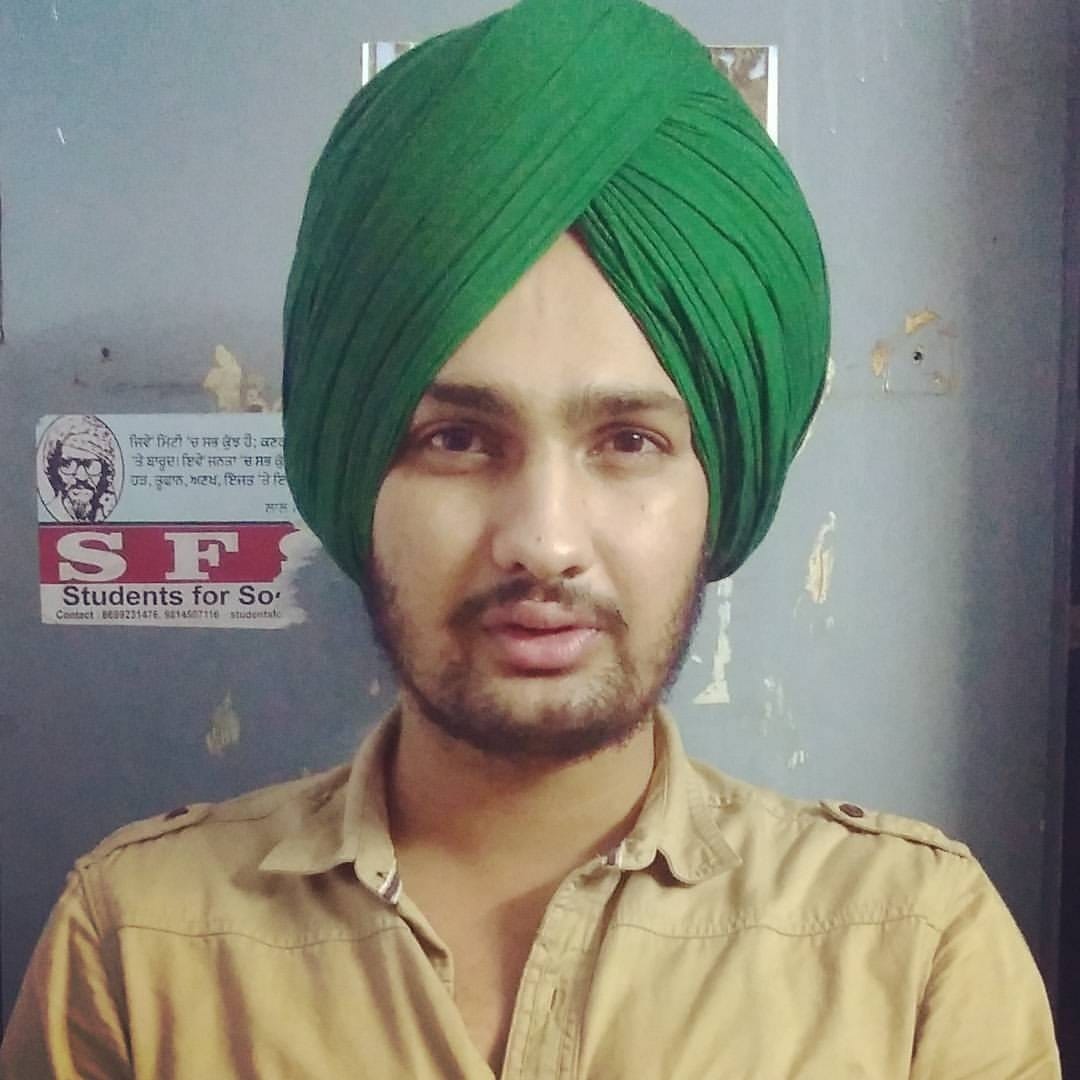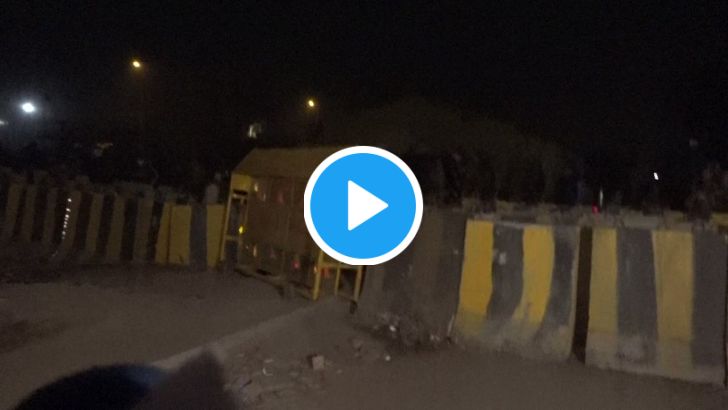Jaskaran Sandhu: #ReleaseMandeepPunia
Police and political violence has always been part of the shocking job risks, but things have somehow become worse under Modi’s Hindu nationalist government
Jaskaran Sandhu
January 30, 2021 | 2 min. read
They are coming after the journalists.
Mandeep Punia, a regular freelance contributor at The Caravan, was picked up at Singhu Border earlier today while reporting on the farmers’ protest.
He was reporting on the goon attack at the site the other day and was able to discover that many of the “locals” that took part in the invasion were BJP members. That was enough to make him a target of the Indian state.
#ReleaseMandeepPunia has been trending across India overnight as word spread of his abduction and the Delhi Police’s cryptic responses to questions regarding his whereabouts.
India has never been a friendly place for the free press.
Good journalists are constantly facing threats. Mainstream outlets are often compromised, earning the name Godi (lapdog) media. Independent outlets are always under pressure.
It is so bad that India ranks 142 out of 180 countries on the RSF World Press Freedom Index, roughly between Palestine and Russia. A dismal ranking for a country that bills itself as the world’s largest democracy.
Police and political violence has always been part of the shocking job risks, but things have somehow become worse under Modi’s Hindu nationalist government. All criticism is labeled anti-national, and faces swift reaction, either directly or indirectly, from the state - including at times charges of sedition.
BJP IT Cells have also made the online space, especially on Twitter where journalists regularly operate, incredibly toxic. This includes regular barrages of death and rape threats for anyone that calls out the party and other members of the Sangh Parivar.
However, the farmers’ protest continues to challenge the Modi government in a way nothing else has.
Because of cell phone videos and internet access on the ground reporting has opened up the public to details that would traditionally be filtered out or controlled by pro-government mainstream outlets. And while the government has attempted to control that access to information with internet blackouts across protest sites, journalists have been able to do an effective job of fact-checking disinformation and reporting on important stories. Real stories that often shed a negative light on the Modi government.
It is not lost on those taking part in the protest, covering the protest, sharing details about the protest, that they are always under threat from state-sponsored violence or arbitrary detention.
It is under this environment that what would otherwise be considered a critical pillar of democracy operates in India. It is dangerous, and we need more journalists and leaders around the world to pay attention.
It is a lot of pressure on good journalists just trying to their job - sharing the facts and truth as they discover them. It does not help that Twitter has been suspending accounts belonging to journalists during the protest as well. This is why we must continue fighting for them and push press freedom organizations around the world to stand in solidarity with the journalists of India.
Jaskaran Sandhu hails from Brampton, Canada, and is the co-founder of Baaz. He is a Senior Consultant at the public affairs agency Crestview Strategy. Jaskaran also previously served as Executive Director for the World Sikh Organization of Canada and as a Senior Advisor to Brampton’s Office of the Mayor. You can find Jaskaran on Twitter at @JaskaranSandhu_
Baaz is home to opinions, ideas, and original reporting for the Sikh and Punjabi diaspora. Support us by subscribing. Find us on Twitter, Instagram, and Facebook at @BaazNewsOrg. If you would like to submit a written piece for consideration please email us at editor@baaznews.org.




